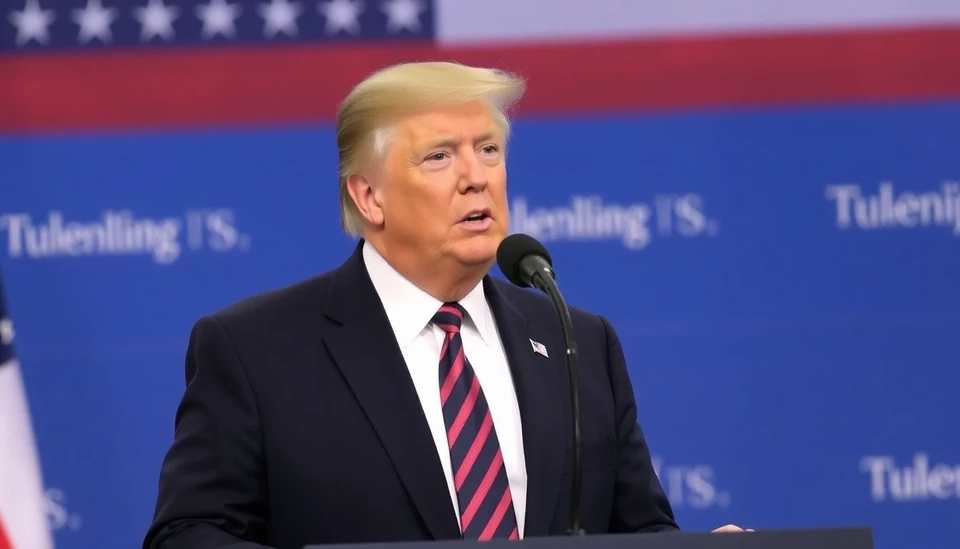
In a significant announcement, former President Donald Trump has declared that the U.S. will soon implement auto tariffs, signaling a potential shift in trade relations that could have profound implications for the automotive industry. During a recent speaking engagement, Trump articulated his intention to introduce these tariffs in a bid to bolster American manufacturing and protect domestic jobs. This move comes as part of his broader strategy to reshape trade agreements and ensure that foreign competitors face equitable trade practices.
Trump emphasized the rationale behind the tariffs, stating that it is crucial for the U.S. to safeguard its economic interests in a global landscape where other countries frequently employ protectionist measures. He portrayed the impending tariffs as a necessary step to level the playing field for American automakers who have been at a disadvantage due to unfair trade practices by foreign nations.
Moreover, Trump teased that the upcoming levies could be accompanied by what he describes as "reciprocal tariff breaks" for American products exported to those nations affected by the auto tariffs. This approach suggests that if foreign companies are subjected to higher taxes on their U.S. imports, there may be a corresponding reduction in tariffs on American goods exported abroad. This strategy aims to create a more balanced trade environment and could potentially enhance the competitiveness of U.S. products in international markets.
The announcement has sparked various reactions from industry experts and political analysts. Some view Trump's move as a bold strategy to rejuvenate the U.S. automotive sector, which has faced challenges from international competition and changing consumer preferences. However, critics warn that such measures could lead to retaliatory tariffs from other countries, which could ultimately harm American consumers and businesses by raising prices on imported vehicles and components.
As the dialogue surrounding trade policy evolves, the implications of Trump's tariffs will likely reverberate through negotiations with key trading partners. International observers are closely monitoring the situation for signs of how countries such as Japan, Germany, and South Korea—home to major automotive manufacturers—will respond to these announcements.
The automotive industry, which plays a vital role in the U.S. economy, is bracing for potential shifts in both pricing structures and consumer demand as these tariffs unfold. Advocates for domestic production hope that the tariffs will incentivize consumers to buy American-made vehicles, thus supporting local jobs and investment in the manufacturing sector.
This latest development marks another chapter in the ongoing narrative of U.S. trade policy under Trump, who remains a significant figure within the Republican Party and continues to influence public discourse surrounding economic policy. With the 2024 presidential election approaching, these tariff decisions could become a key issue in campaigns and debates as candidates outline their visions for America's economic future.
Trump's promise of auto tariffs and reciprocal breaks initiates a complex interplay between national interests and global trade dynamics, with many waiting to see how these policies will shape both the automotive industry and broader economic relations in the coming months.
#Trump #AutoTariffs #TradePolicy #Economy #Manufacturing #AutomotiveIndustry #GlobalTrade #ReciprocalTariffs #2024Election
Author: Daniel Foster




